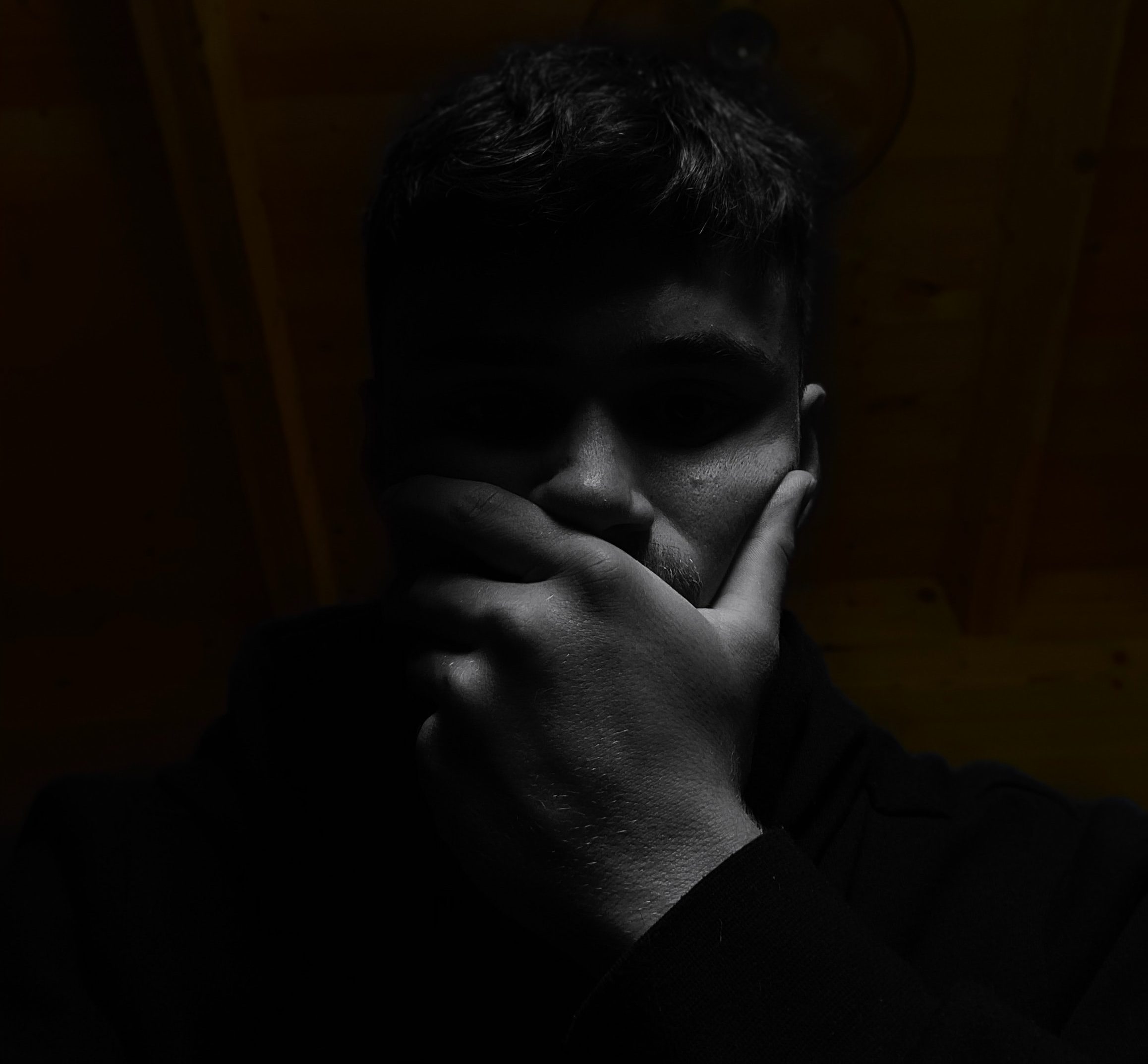A young college student in recovery from an eating disorder shared with me that at one point in her struggle she was secretly purging ten or more times a day, but that she had not sought help because she thought “help” was for people “in crisis.” Since she was doing ok in school and handling her other responsibilities, she didn’t think her situation fit the definition of “crisis.” It was only when she almost lost her life to the disorder that she finally opened up about her distress and began her recovery journey.
Had this young woman sought help sooner, she may have avoided a full-blown crisis and prevented some of the long-term impacts she is still working through.
The things we tell ourselves that prevent us from getting the support we need are “stigmas” – misunderstandings or wrong assumptions about mental and emotional health.
Typical stigmas around mental health include thoughts like these:
- “I’m too busy. I don’t have time to deal with this right now.”
- “Nothing’s going to change, so why bother?”
- “Other people need help more than I do.”
- “I don’t want to burden anyone with my problems.”
Whatever our reasoning, it’s not uncommon when we’re dealing with our own mental and emotional health to wait until the situation becomes so bad, the “choice” of finally getting help is forced on us.
An important part of letting go of the stigmas & getting help sooner is understanding that the earlier we take action, the better our long-term outcome will be. I talked about the benefits of getting support before the situation becomes a crisis in my article, The Pasta Code. The many positive impacts include less intense treatment, less severe symptoms, and a longer and fuller recovery. (Socialwork Degree Guide)
I’m encouraged by a growing movement I’m seeing among mental health experts urging people to seek support even if — like the student who so generously shared her eating disorder story with me — they don’t think their situation is a crisis. Here are just a couple of examples:
“you don’t have to be in crisis to seek help“
– MENTAL HEALTH AMERICA
On their page listing crisis contact numbers, Mental Health America shares this message: “Of course, you don’t have to be in crisis to seek help. Why wait until you’re really suffering? Even if you’re not sure that you’d benefit from help, it can’t hurt to explore the possibility.”
Crisis Text Line is redefining the word crisis as it applies to their services: “Crisis doesn’t just mean thinking about ending your own life. It’s any painful emotion and any time you need support.”
“Crisis doesn’t just mean thinking about ending your own life. It’s any painful emotion and any time you need support.”
– Crisis Text Line
So how do we know when it’s time to seek help? Mental Health America has put together a list of feelings, thoughts or behaviors that indicate asking for help would be beneficial:
- You just don’t “feel right” and aren’t sure why.
- Your thoughts or things you do just don’t seem the way other people think or behave.
- Your thoughts, feelings or behaviors are starting to affect your life at home, school or with friends in a bad way.
- You’ve had some of the signs and symptoms below for more than a week:
- Feeling Sad, Empty, Hopeless, Or Worthless
- Sensitivity To Sound, Sight, Smell, Or Touch
- Feeling Overly Worried
- Not Being Able To Do School Work
- Feeling Like Your Brain Is Playing Tricks On You And Hearing Knocking Or Scratching Sounds, Or Your Name Being Called
- Loss Of Interest In Things You Used To Enjoy, Or Withdrawal From Others
- Changes In Sleep Patterns Or Energy Levels
- Irritability Or Restlessness
- Problems With Concentration, Memory Or Thinking
- Loss Of Appetite Or Overeating
– Mental Health America “Time to Talk”
Check yourself – and if you’re experiencing anything on that list, reach out for help. Don’t know where to start? Use the resources in the disclaimer below, or visit a mental health nonprofit online. Mental Health America is one of many, very good ones.
Disclaimer: This blog is not meant as professional advice or counseling. If you or someone you know is in distress, help is available 24/7:
- The National Suicide Prevention Lifeline: 1–800–273–8255 (TALK) Spanish & English; Deaf & Hard of Hearing TTY 800–799–4889
- Crisis Text Line – Text HELLO to 741741 to connect with a live counselor 24/7.
- Call 911
- If you or someone you know needs mental health treatment but cannot afford it, contact Rise Above The Disorder, a 501(c)(3) non-profit dedicated to making mental health care accessible to everyone: YouAreRAD.org


